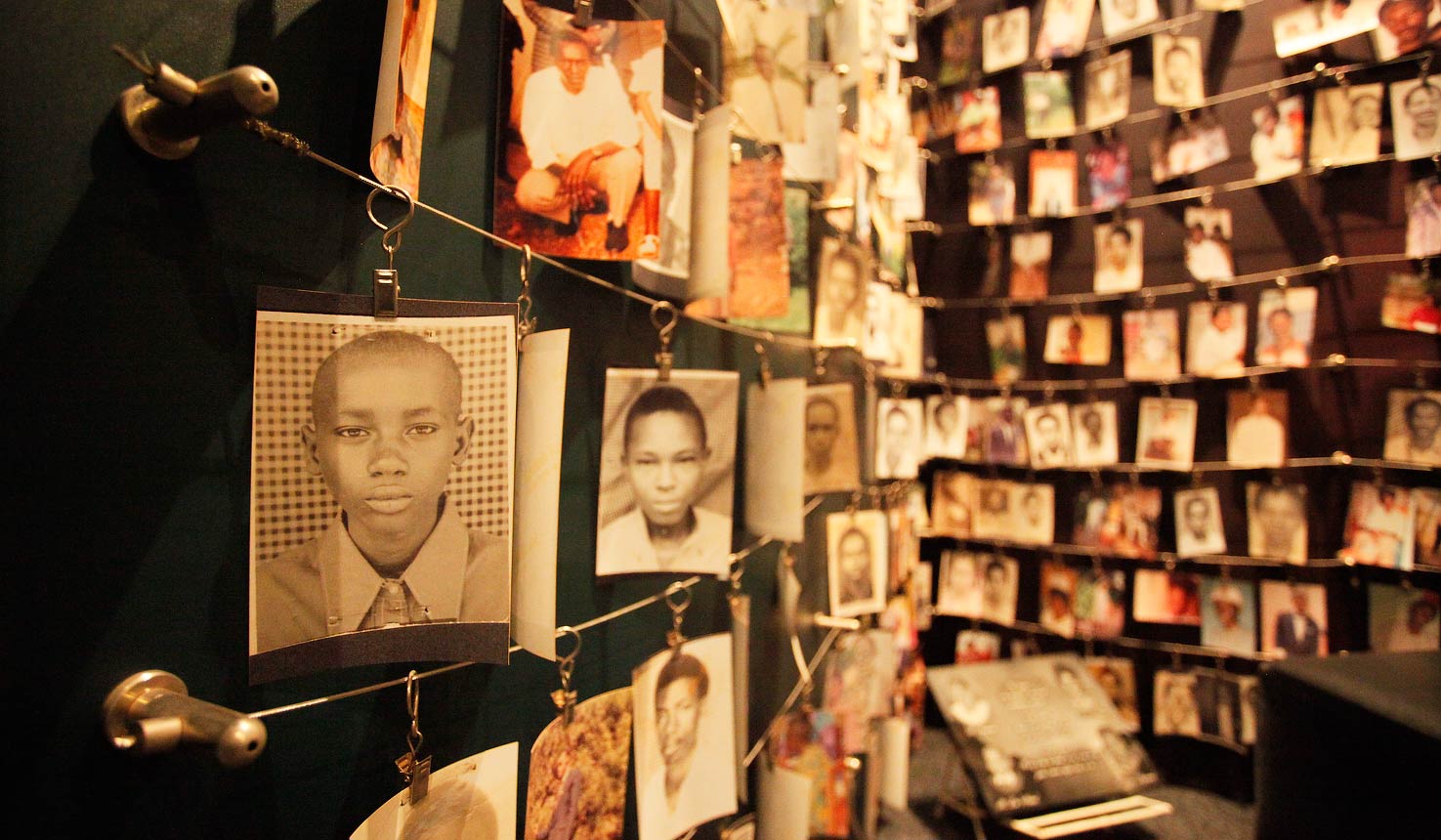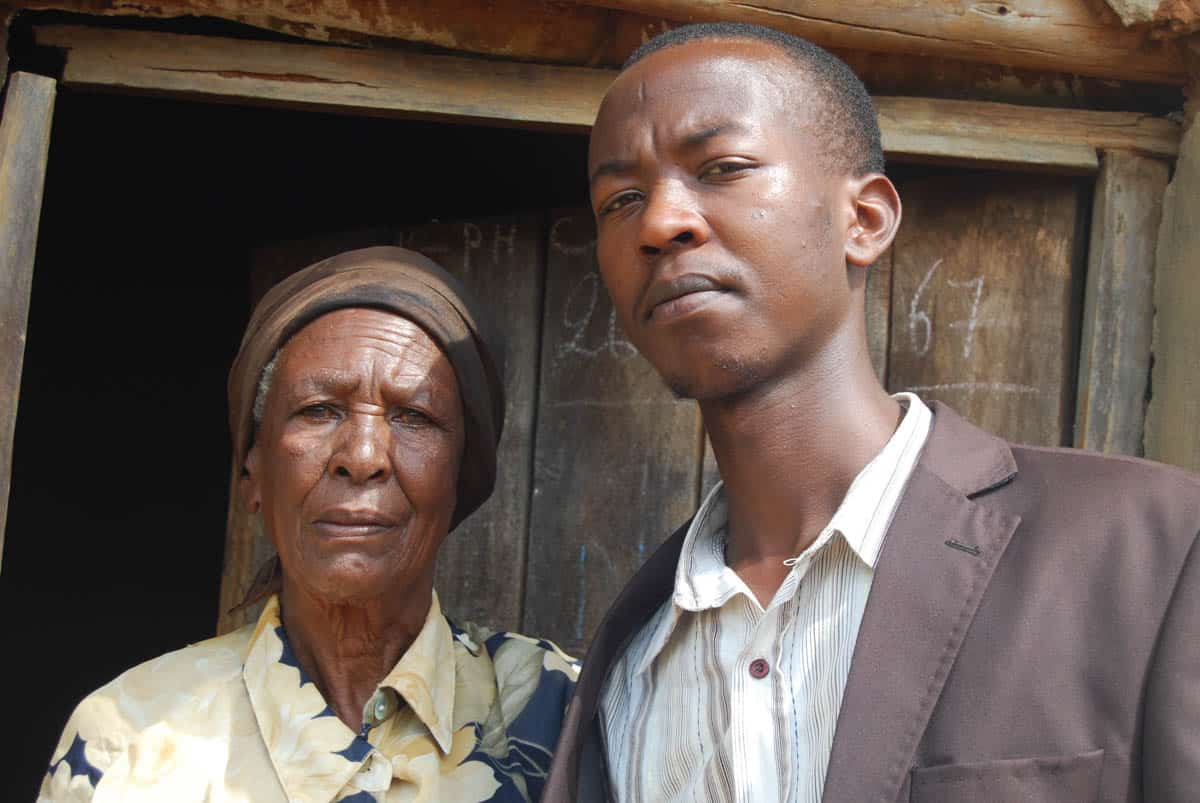
Dozens of ex-militia killers stroll around an open camp beneath mist-shrouded volcanoes in Rwanda. They are learning to reintegrate into the country whose government they have spent years trying to overthrow.

These are men who helped carry out Rwanda’s horrific 1994 genocide, and then formed a rebel army that has been fighting ever since. After the carnage of the Rwanda genocide, which began 25 years ago in April, the men who carried out the massacre of at least 800,000 mostly Tutsi people fled west to neighboring Democratic Republic of Congo.

Some of them are former members of Rwanda’s army. Others had joined the militia known as the “Interahamwe”, club and machete-wielding Hutu gangs that carried out the killings targeting the Tutsi minority.
Chased out of Rwanda, they formed a notorious rebel army, the Hutu fighters of The Democratic Liberation Forces of Rwanda, known by its French acronym, FDLR. Each batch spends three months in the camp, before they can return to the families and homes they left decades before.

But after a quarter of a century haunting Congo’s forests, many of these veterans were exhausted and wanted to give up the fight. So a stream of rebels

One Joseph Kabalindwi, a 50-year old former rebel major, said he laid down his arms in 2014 “to promote peace.” Kabalindwi was one of 1,563 former FDLR fighters who returned to Rwanda in November 2018, after Congo refused to keep them on their soil any longer.
But he says he is happy to be back. “Even though I left the country a long time ago, I remained Rwandan,” said this ex-major with conviction. “Rwanda is my country, and I wanted to go home.”
There is no fence around the camp, but Rwanda keeps a close eye on the former rebels. The government’s Rwanda demobilization and reintegration commission, which runs the

Each batch spends three months in the camp, before they can return to the families and homes they left decades before. They are then also issued with identity papers and a one-off payment of 60,000 Rwandan francs (66 dollars, 58 euros) to start their new life. In the classrooms where the men learn their lessons, the mood is serious.
Focus Twiringiyimana, a 47-year old ex-FDLR fighter, takes detailed notes at a sewing machine, while the teacher at the blackboard offers instructions. Twiringiyimana passed through the camp a year

For his old FDLR comrades still fighting in the bush, he offers a simple message. “They should come back to the country, to work for their own development,” Twiringiyimana said. “They are only wasting time and it will do them no good”.
Not everyone in the camp joined the FDLR. “Within just the few months I have spent here, I already feel comfortable,” he said. There is, at times, an echo of official rhetoric. It is unclear if he believes it, or if he is wary of criticising the government policies.